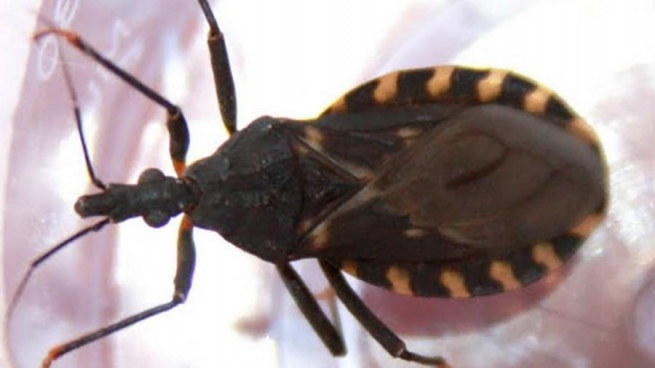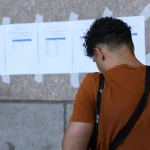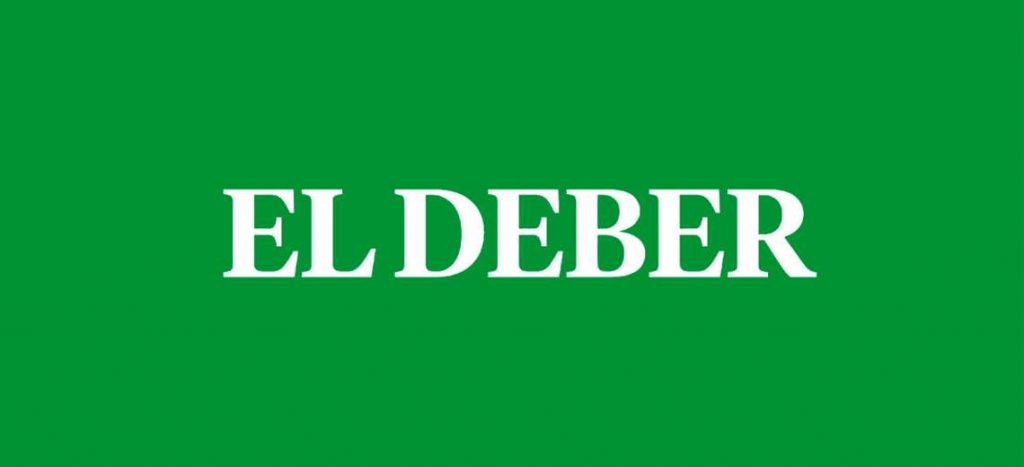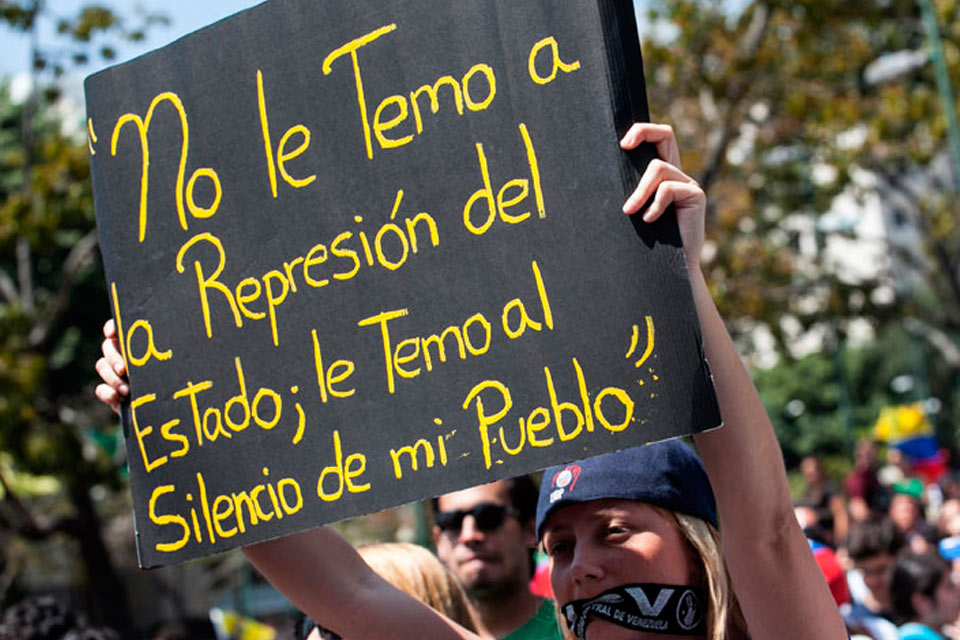15 years after it was sanctioned, the government published this Thursday at Official bulletin the rregulation of the Law 26.281 of “Prevention and Control of All Forms of Transmission of Chagas Disease”a key tool for advancing in public policies that allow addressing this pathology that, it is estimated, seven out of ten people who suffer from it are unaware.
“Today the regulations were published in the Official Gazette of Law 26,281, which had been sanctioned in 2007, which undoubtedly constituted an outstanding debt,” said the Minister of Health, Carla Vizzotti, at the opening of the 3rd Conversation on communication and Chagas organized by the health portfolio and the Civil Association Let’s Talk About Chagas.
The minister indicated that “it is an enormous pride that despite the pandemic we have been able to generate this regulation in consensus with the Ministry of Education, with the Ministry of Labor, in the Federal Health Council; and it is a concrete sign of something to which we had committed ourselves in the last conversation”.
In this context, Vizzotti pointed out that the regulatory decree “is very important to be able to formalize the Chagas Program and advance the objectives” and recalled that the last two years had to reorganize the work in the Vector-Borne Disease Control Directorate that he had lost that rank in the previous administration.

The illness
Chagas disease or American trypanosomiasis is caused by the parasite Trypanosoma Cruzi and Among the main forms of contagion are contact with vinchuca feces, transmission from the mother to her unborn child, contaminated food, blood transfusions, and organ transplants.
The national health portfolio indicated tonight in a statement that the regulation of the Chagas law has “an approach focused on the health, environmental, labor, educational and healthy housing dimensions, considering the perspectives of gender, interculturality and human rights.”
“We need to continue articulating, not only with other ministries of the Nation but with each jurisdiction and with all the actors of civil society and the private sector, always with health at the center as something transversal,” Vizzotti called. “They have our commitment , Y we have the expectation that in these two years we can have concrete results in relation to the control and elimination of vertical transmission and vector Chagas”, he concluded.
the disease of Chagas or American trypanosomiasis It is caused by the parasite trypanosoma cruzi and among the main forms of contagion are contact with the feces of the vinchuca, transmission from the mother to her unborn child, contaminated food, blood transfusions and transplants.
The oral route of contagion “has no record in Argentina” and transfusions and transplants “are controlled in the country”indicated the national portfolio and added that vertical transmission “has become in our country the route that generates the largest number of new cases (about 1,000 per year).
It is estimated that there are between 6 and 8 million people infected by Trypanosoma Cruzi in the world, of which 20% are in Argentinathat is, around 1.5 million, and, in turn, seven out of ten people living with Chagas do not know it.
“We are working to relocate the Vector Reference Center (Cereve) in the orbit of Cendie and Anlis Malbran and value it so that it has the place that a center with these characteristics should have, not only in terms of buildings but also in terms of supplies,” said Vizzotti and also highlighted the role of the National Institute of Parasitology Fatala Chabenwho turns 60.
It is estimated that there are between 6 and 8 million people infected by Trypanosoma Cruzi in the world, of which 20% are in Argentina.
Furthermore, he referred to the incorporation of the use of genomic techniques by PCR for neonatal Chagas and stated that “the leap must be taken to continue working on technology transfer, training and expanding access to diagnosis so that it reaches all jurisdictions.”
“We also have the great opportunity in the Law of the thousand days to intervene in vertical transmission” in line with the regional objectives of “interruption of congenital Chagas as a prioritized problem,” he added.
Vizzotti argued that in the next two years, “all actions should be greatly accelerated in conjunction with the Nation, the provinces, the municipalities, social organizations, international organizations, scientific societies, the academy and involve the communities and the media.”

regulation
The regulation, published this Thursday in Decree 202/2022, established that the Ministry of Health will be the enforcement authority of the Law and indicated that, at the same time, it has the power to dictate “the complementary and/or explanatory regulations that result necessary for its effective fulfillment.
Among those actions are evaluate, develop and/or approve updated instruments, recommendations and guides on technical standards, epidemiological surveillance, diagnoses, treatments; and monitor the progress of the established plans.
It must also collaborate technically and financially with the authorities of the provinces and the City of Buenos Aires in all actions planned jointly, aimed at achieving and sustaining control of the disease and proposing international technical cooperation agreements and/or conventions; as well as articulating with other ministries at the national level.
The provinces and CABA must guarantee diagnostic tests, treatment and monitoring of infected patients, as well as vector control and entomological surveillance.
For their part, the national, provincial, CABA and local health authorities “must establish the applicable provisions, and the conditions for their compliance, in matters of environmental sanitationas well as vector control and surveillance of homes, entities, companies and urban or rural establishments of an industrial, commercial, sports, artistic, educational or other purpose.
In its article 4, the regulation establishes the responsibility of the jurisdictional authorities to implement the obligation to carry out the Chagas test on every pregnant person and newborn babies, and girls and boys from 6 to 12 years of age, according to current epidemiological conditions.
The provinces and CABA must guarantee diagnostic tests, treatment and monitoring of infected patients, as well as vector control and entomological surveillance.
The regulation established that It will be the Ministry of Labor, Employment and Social Security that must adopt the measures for the prohibition of serological tests that determine the disease in the case of applicants for any job.
For its part, Health must update the Mandatory Medical Program (PMO) so that it includes diagnostic tests and comprehensive treatment for children, adolescents, and adults.
repercussions
“The regulation published today is a relevant political, legal and institutional fact which we hope will be the kick for the real prioritization of Chagas policies within the national State,” Francisco Rodríguez, lawyer and coordinator of the Social Rights of Children program of the Civil Association for Equality and Justice (ACIJ) told Télam. .
In relation to the regulation, Rodríguez highlighted “the incorporation of clear obligations in educational matters for the Ministry of National Education and the provinces” and that “it makes clear the obligations of the Ministry of Labor to avoid labor discrimination, and those of the Inadi to channel the claims that have to do with the discriminatory gestures that arise from the Chagas problem”.
Among the pending points, he pointed out the importance of formalize the Chagas Program within the structure and “clarify who should carry out the communication campaigns that the Law establishes and that are not being fulfilled”.
Another issue that Rodríguez considered key is the “under-execution and diversion of funds from the budget assigned to Chagas, which then greatly complicates the real capacity of the State to carry out its policies and on which the regulations say nothing.”

















